 Whenever I ask people what, in their opinion, makes for an appealing speaker or presenter, the first word out of their mouth is usually “confident.” We all want to look and sound confident, and we all fear looking, well, nervous and scared. One of the easiest ways to express confidence in your voice is to avoid the dreaded upward inflection, you know, the one that makes it sound like you are asking a question with each statement you make.
Whenever I ask people what, in their opinion, makes for an appealing speaker or presenter, the first word out of their mouth is usually “confident.” We all want to look and sound confident, and we all fear looking, well, nervous and scared. One of the easiest ways to express confidence in your voice is to avoid the dreaded upward inflection, you know, the one that makes it sound like you are asking a question with each statement you make.
Consider the following:
“Hello? I am Jane Jones. And I work for Brown Packaging? I was just calling today to introduce myself. And see if I can help you with your packaging needs?”
Whoa! I hope you can hear the questions in your mind as you read this dialog. Now imagine it again with more powerful inflections.
“Hello! I am Jane Jones from Brown Packaging! I am calling today to introduce myself, and to see if I can help you with your packaging needs!”
All right, everything you say doesn’t need to have an exclamation point after it, but my hope is that you “heard” a much different sound this time. One that is confident and enthusiastic. By the way, when you are holding a virtual conversation, presentation, or meeting, your vocal inflections and habits are more important than ever.
Having just facilitated a workshop with a group of people who nearly all had this questioning inflection in their speech, I have to wonder if we use this inflection when we hear it around us. I think we do. So a good start would be to listen for it in others, and then if you hear it around you, listen for it in your own speech.
Generally, awareness is the most important step. If you suspect you may have this habit, check your voice messages, informal conversations, and meetings to see if you do, and how frequently you hear it. Or ask a trusted colleague to listen to you and see how often they can hear it.
To improve your sound patterns: When you are recording a voice message, listen to it before you send it, to be sure you sound confident. When you are rehearsing for a major presentation, record your practice and listen for upward inflections. Stamp them out in your next rehearsal. Then start with everyday crisis communications. When you catch the upward inflection sound, correct it and move on. Try to insert those more positive sounds. “Absolutely! Of course! Yes!”
With practice and a little patience, you can fight the dreaded upward inflection, put more positive power in your voice, and maybe even spread this good habit to those around you.
 Sections of this topic
Sections of this topic
















